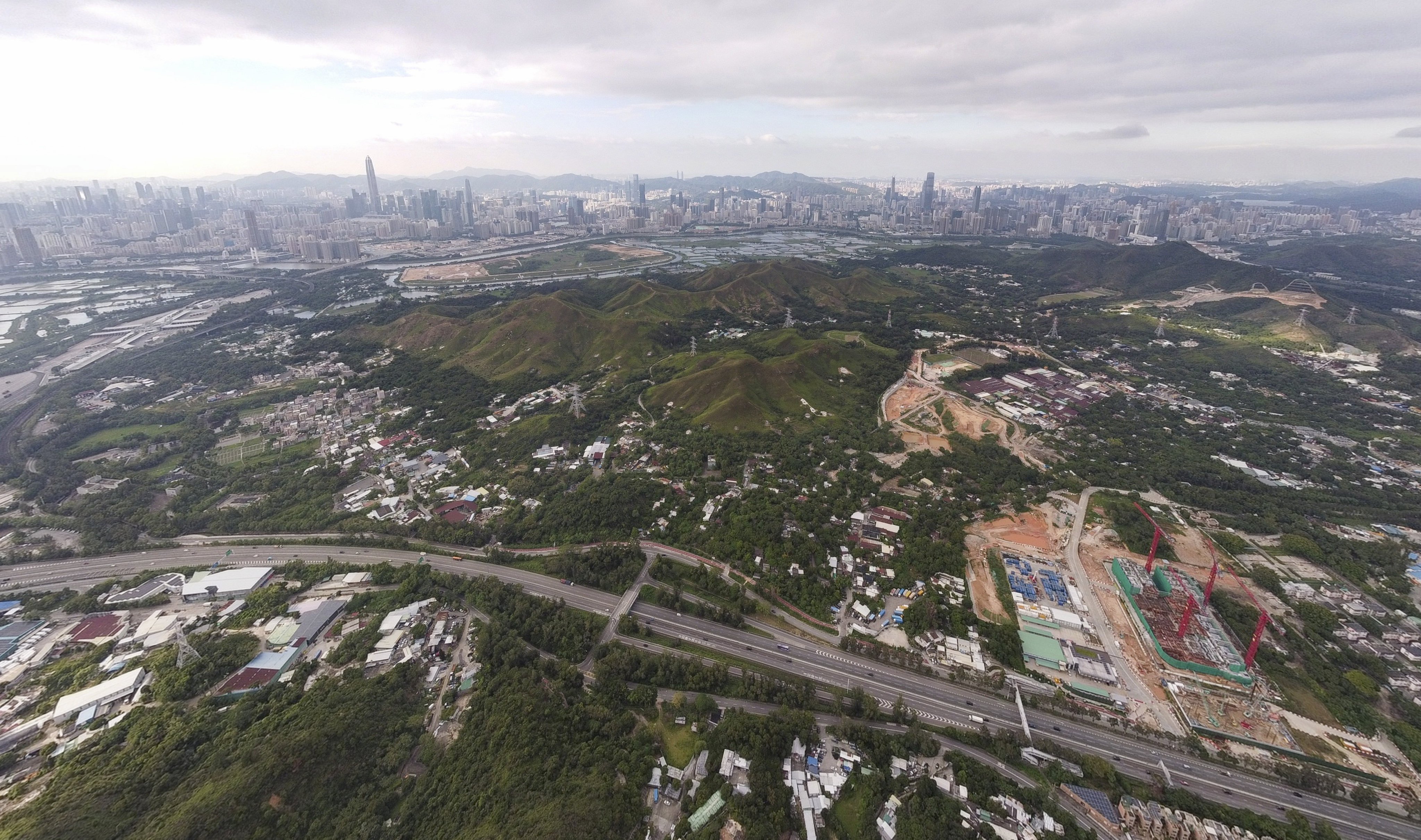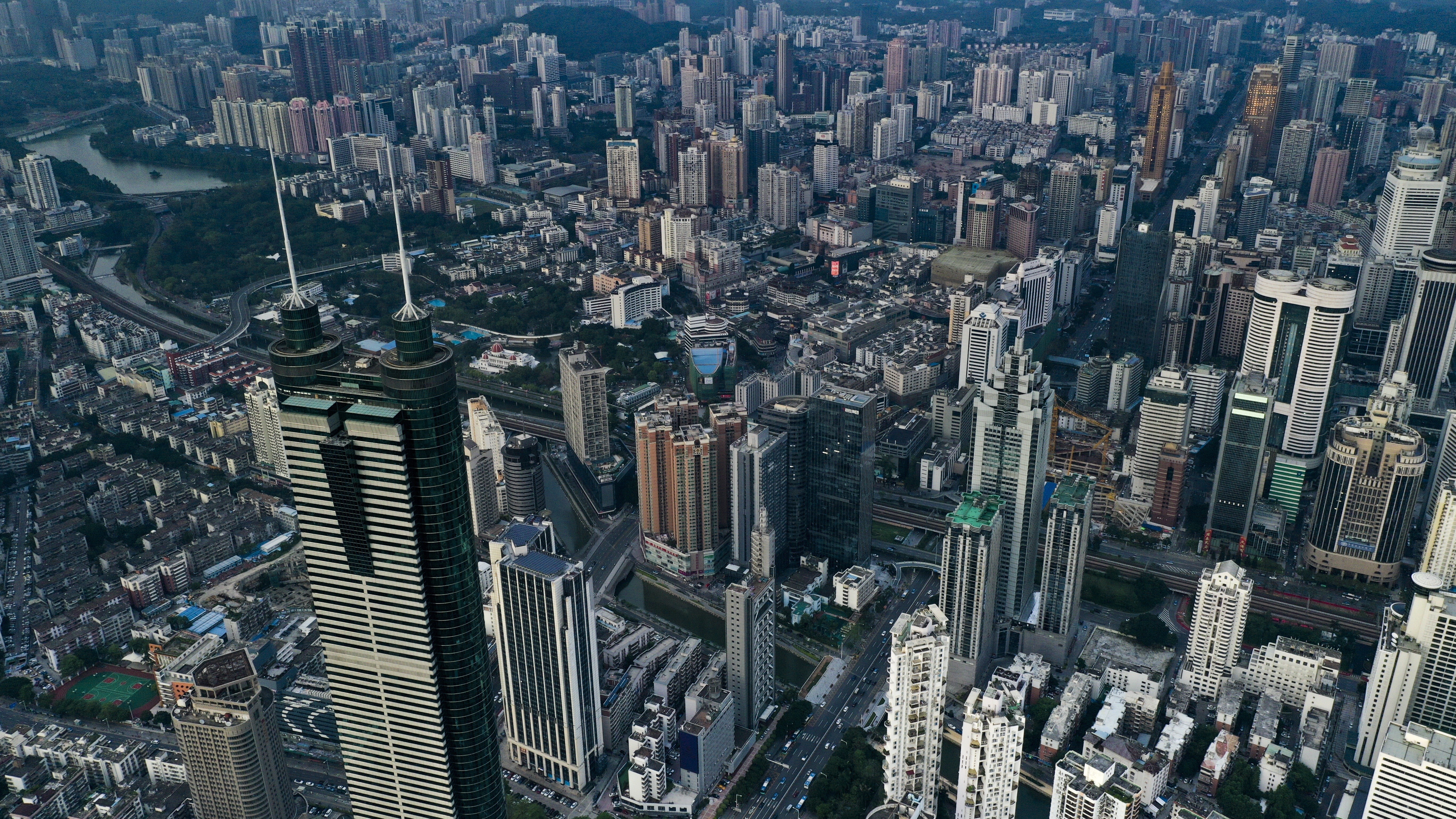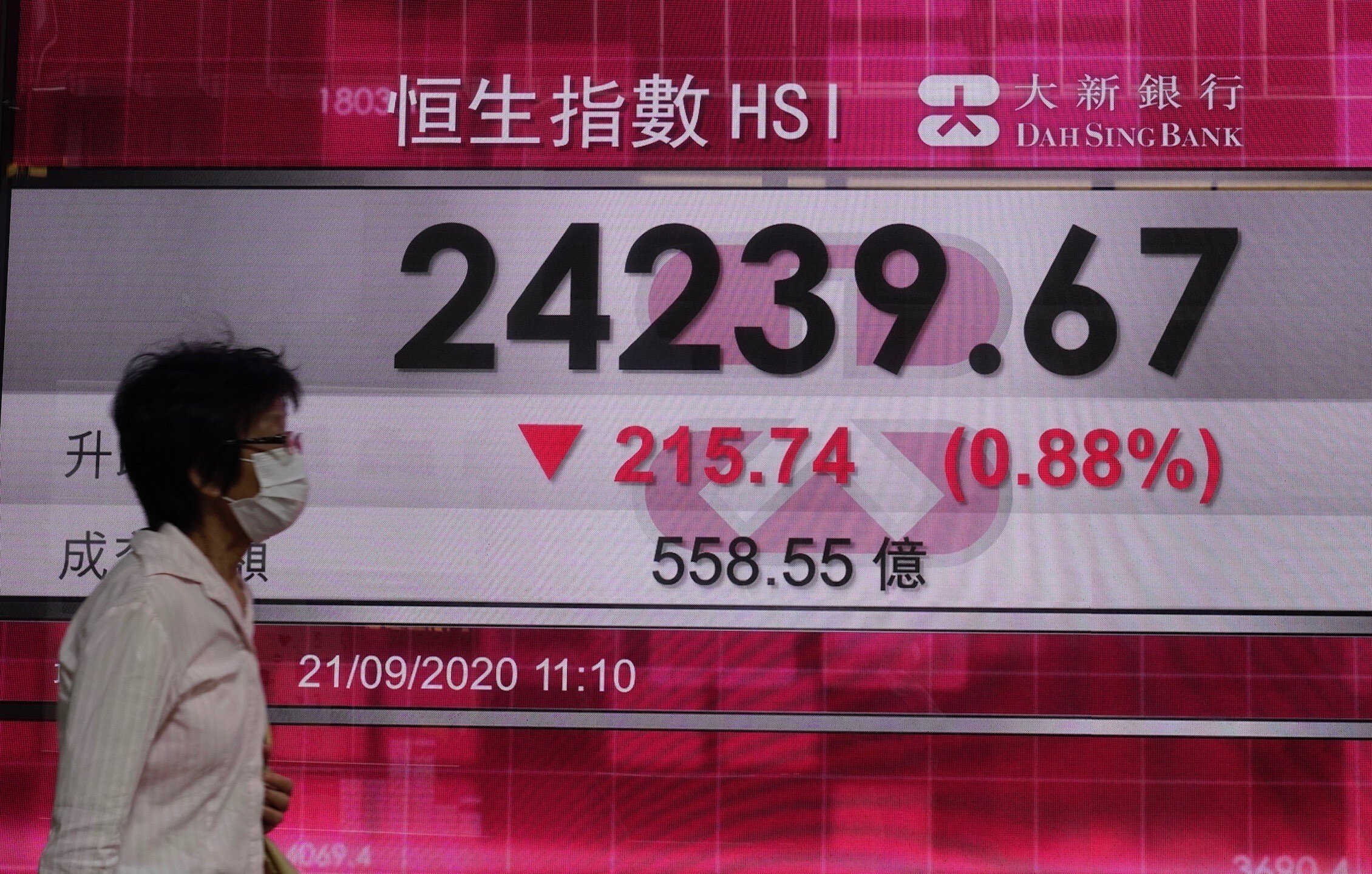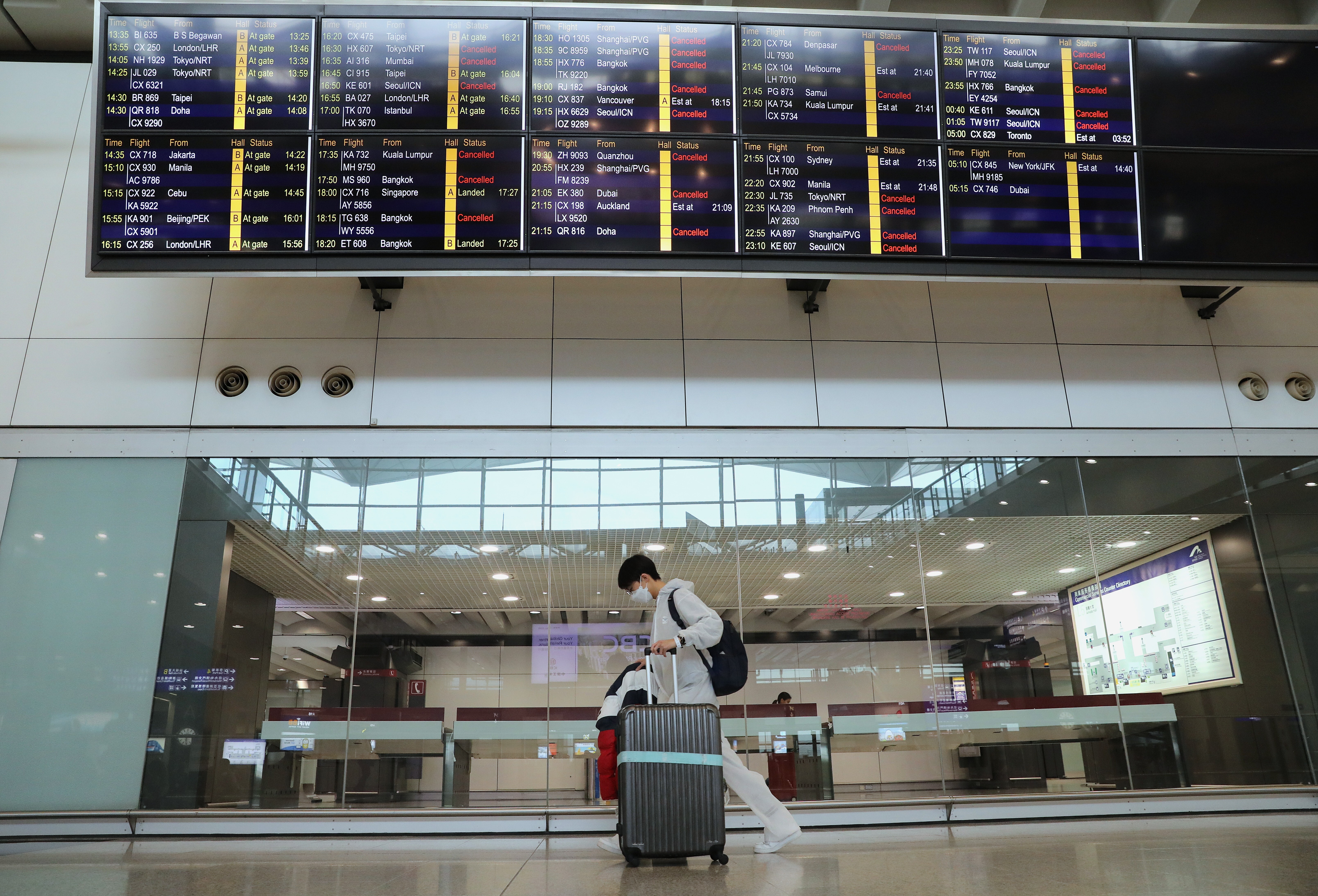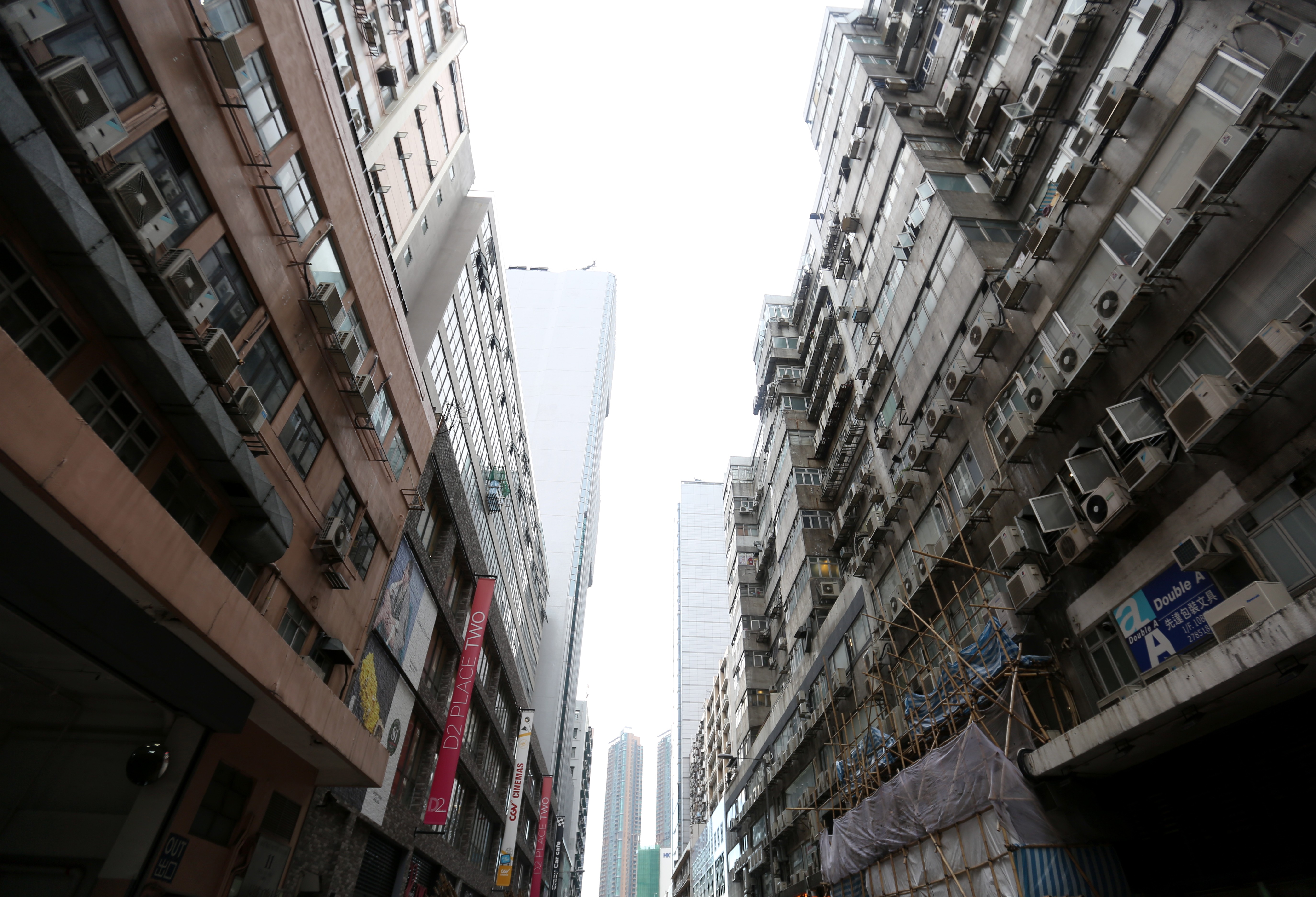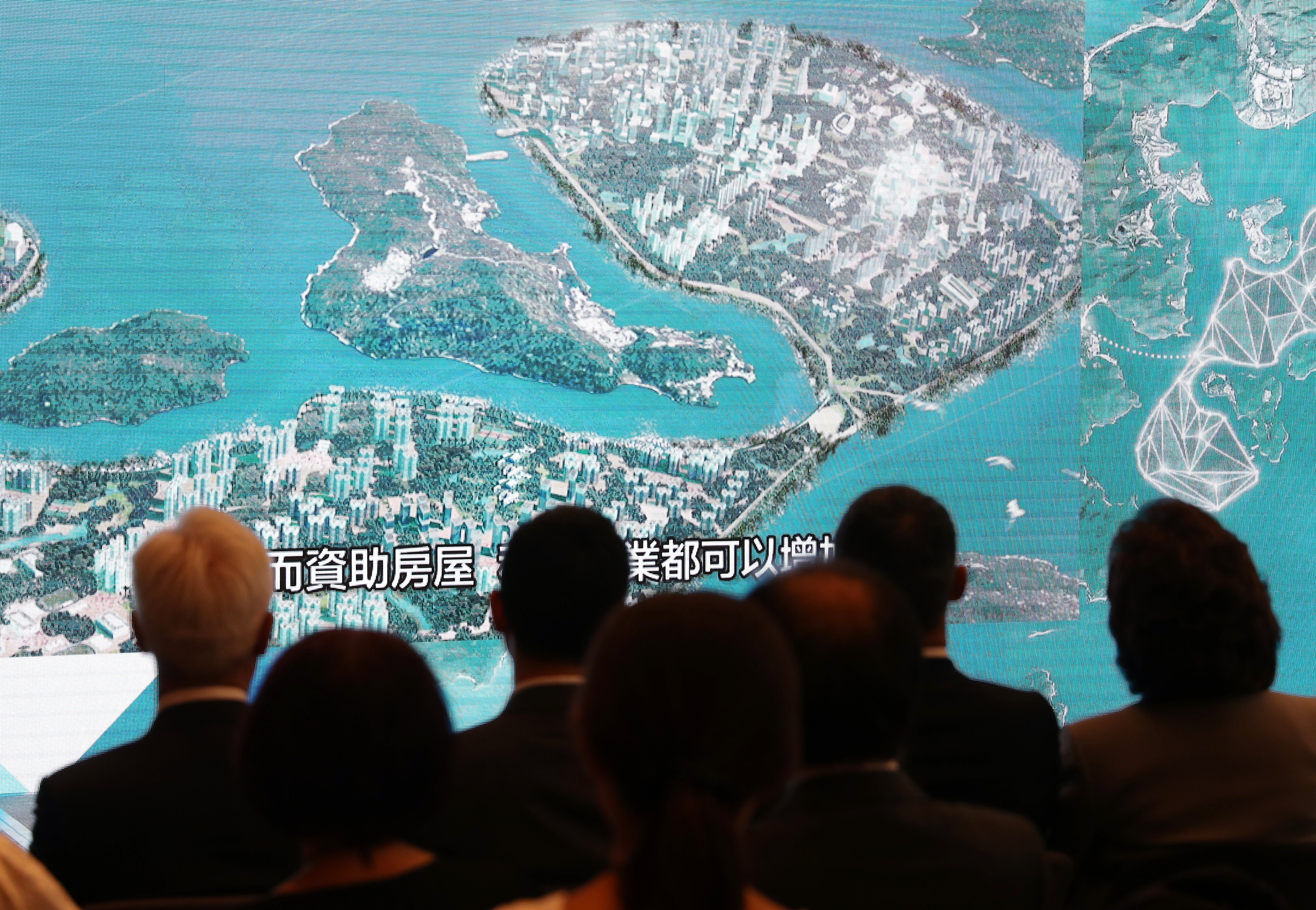Advertisement
Advertisement

Martin Wong Shiu-kei
Martin Wong Shiu-kei, director and head of research and consultancy of Greater China at Knight Frank.
Hong Kong property prices only move in one direction – up. And like new town developments in the past, the Northern Metropolis is unlikely to stop prices from rising.
Over the past 20 months, China and the rest of the world have been affected by the Covid-19 pandemic to various degrees. But, despite reduced global economic activity, the bay area property market has continued to grow, especially in certain submarkets and subsectors.
Investors have continued to pour money into Hong Kong’s real estate market even though the potential rental yield is lower than in other regional markets. Buyers have accepted yield compression by banking on more upside in their capital value over time.
Martin Wong of Knight Frank looks at data correlating major movements in the Hang Seng Index and unemployment rate with those in Hong Kong’s home prices.
Advertisement
